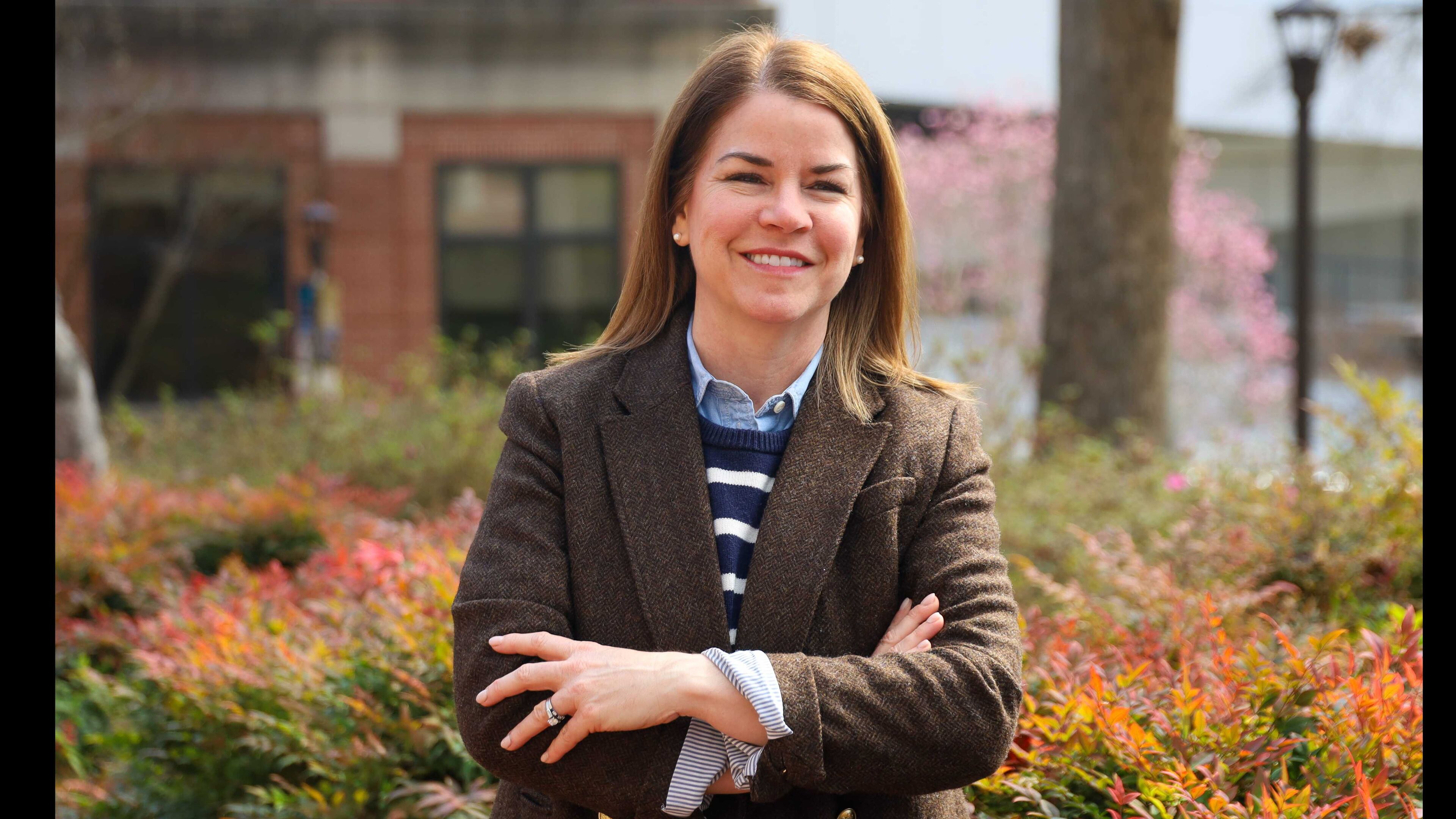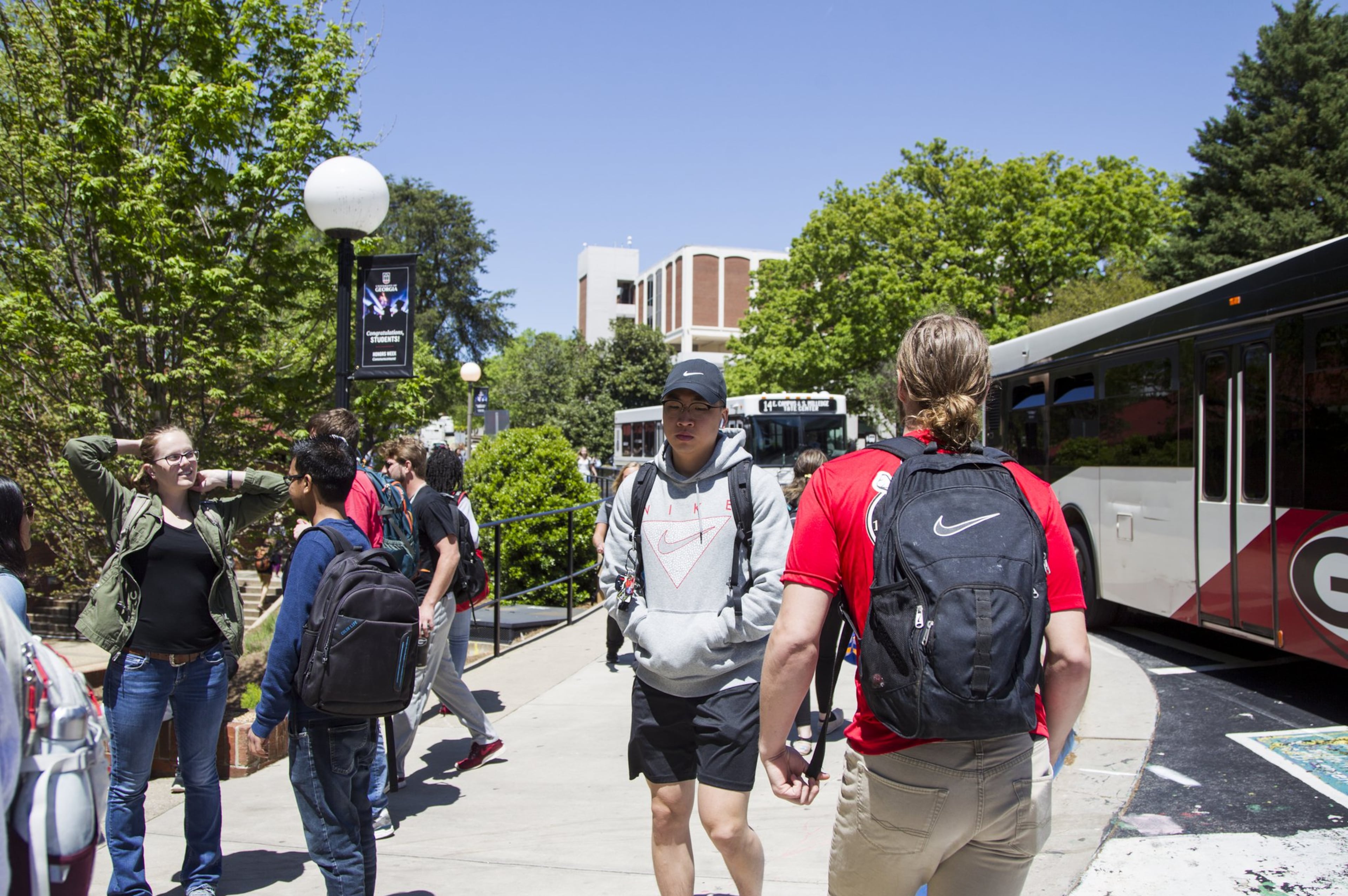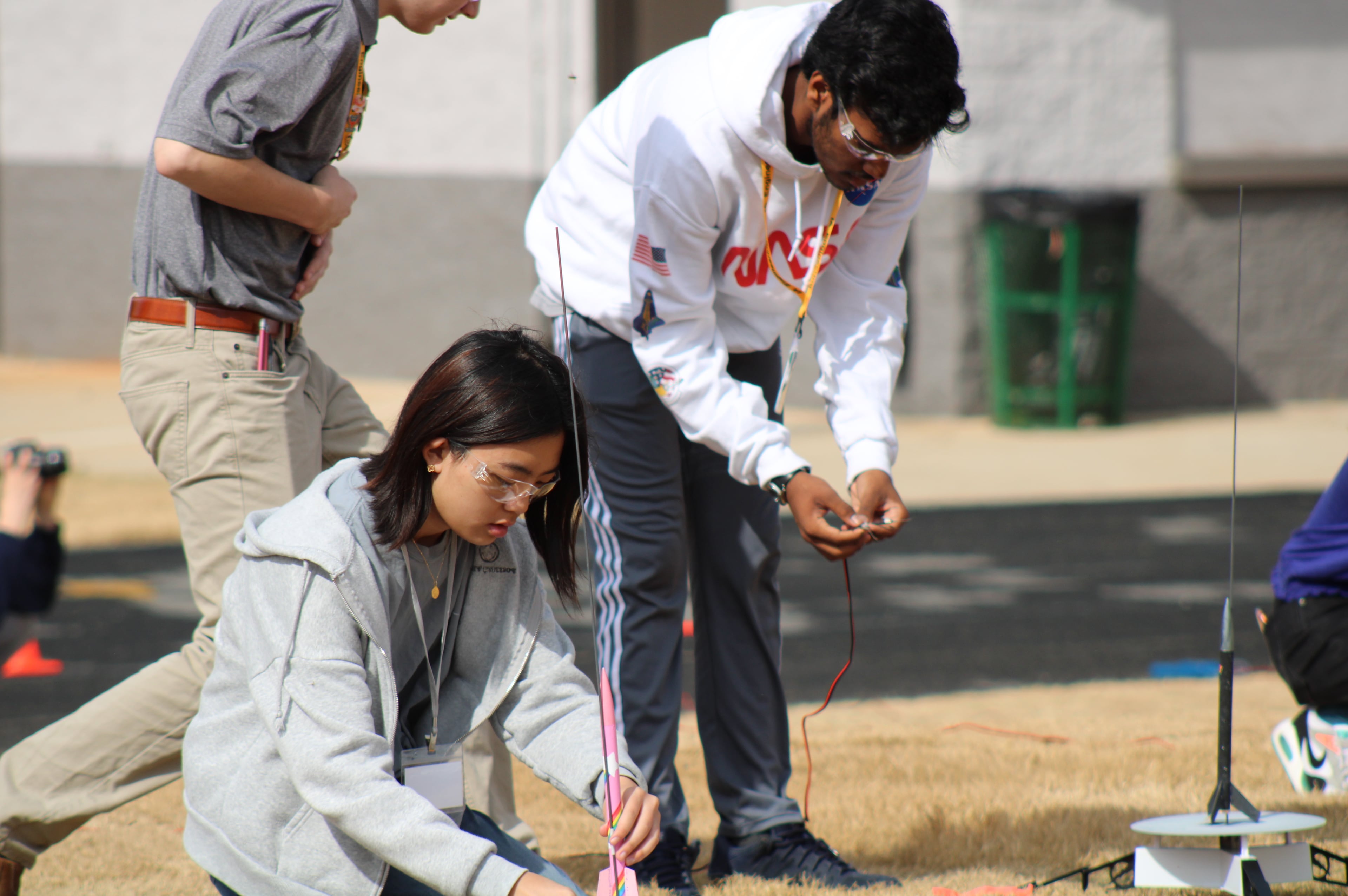Advice for college applicants: Start early, stay real, use AI wisely

The fall semester has begun in Georgia, which means it is the start of another college application cycle. The Common Application’s 2026 application opening on Aug. 1 is an annual signal of that milestone, and with 26 admission cycles under my belt, I want to offer some advice to students and families embarking on applications this year.

I’m at a stage in my life where most of my friends have children applying to college. When they ask for my advice, I always start by reminding them that there are more than 2,600 four-year colleges in the United States and they admit 73% of applicants. It’s an important reminder that there are colleges out there for everyone. Here are some other key pieces of advice.
Get started early. That means now! I always remind juniors that the summer before senior year is a good time to get started. The earlier you begin, the better your work will be. Applications are like research papers — give yourself time to revise, rethink and reflect.
Pay attention to essays and activities. If you are applying to a more selective university, like Georgia Tech or the University of Georgia, your essays and activities matter. Not all students will have access to a counselor, teacher, family member or friend who can help brainstorm, organize thoughts or polish a resume. Artificial Intelligence offers a great substitute — as long as you don’t have AI do the work for you. Try asking your favorite AI chatbot to make your activity descriptions more concise or check an essay for grammar. AI does an excellent job acting as an editor and collaborator. Just remember that your application should sound like you, not a robot. Read more about Georgia Tech’s view on the use of AI in the college admission process and ask the same questions of other colleges you are considering.
Be your own best advocate. If something is important about your story that is not obvious, like a lower-than-normal grade or an important activity that stopped after 10th grade, use the Additional Information section to connect the dots. Be clear. Be honest. Be your own hype person.
Set boundaries. This may be the most important advice I can give. Everyone will have opinions — parents, friends, teachers and your group chat. Decide up front what to share, when and with whom. This is your story to tell on your timeline. I’ve seen an increasing number of students politely decline to talk about their college process with all but their trusted inner circle until they know where they are going, and that seems healthy to me.
Use the process as a growth opportunity. Applying to college offers students, their parents and supporters the opportunity for reflection and growth. You are figuring out who you are, what you care about, and where you want to go. The process itself can be formative — even if you are not sure exactly where your journey will take you.
For students in Georgia: Georgia Tech, along with Augusta University, Georgia State University, and the University of Georgia will kick off the 23rd annual Peach State Tour on Aug. 26. Programs will be held throughout the state in August and September. They are a great way to learn about the four research universities in our state. You can find the location closest to you at peachstatetour.org.
The bottom line is that the college admission process requires time, intentionality and thoughtfulness. People often hope I will give them the “secret formula” for getting in. While this advice isn’t a clear formula, these are the things that will come through to the person reading your application. Students who take the time to explore their college options with intentionality toward their future goals and complete their application in a thoughtful manner — these are the applications that stand out to an admission committee.
Mary Tipton Woolley is the executive director of undergraduate admission at Georgia Tech. She has spent 26 years talking with students, parents and school officials and reading thousands of applications.


